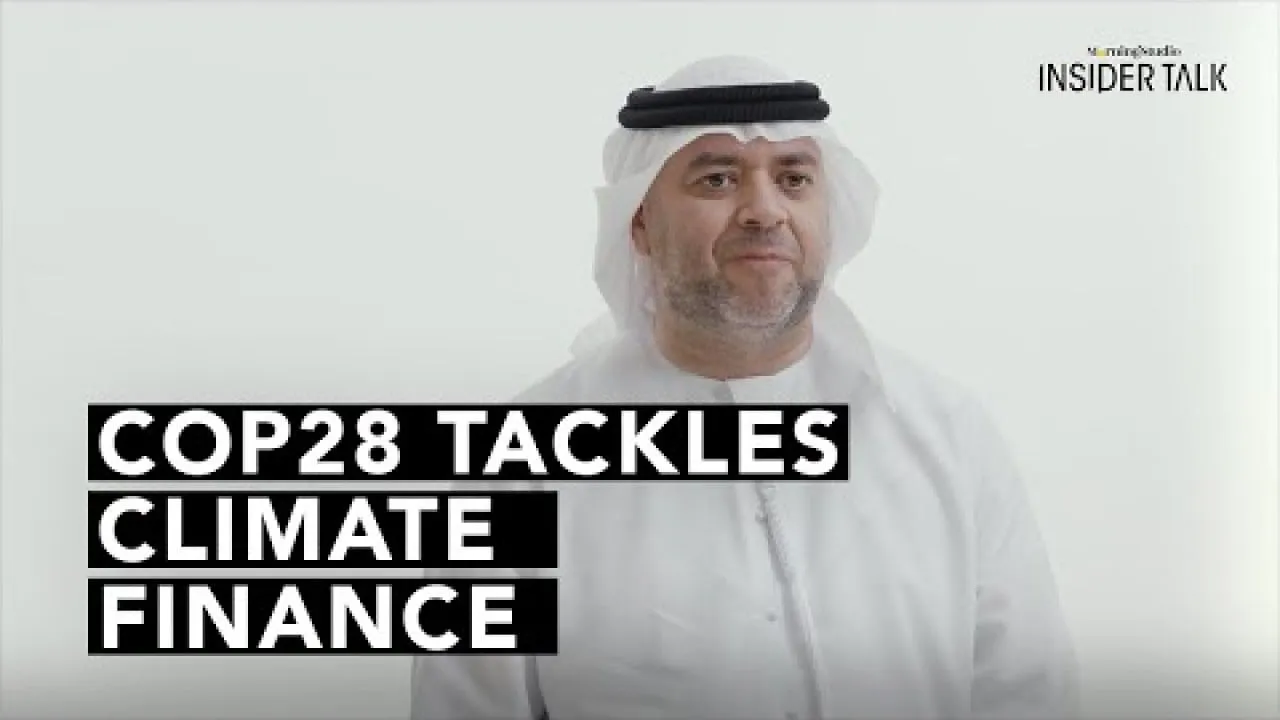Subsidies and Fossil Fuels Trigger Climate Action Demands Amid Global Struggles

Understanding the Impact of Subsidies on Climate Change
Subsidies, particularly those directed towards fossil fuels, are a significant contributor to climate change. In 2022, the global subsidies on fossil fuels reached a staggering $7 trillion, accounting for 7.1% of global GDP. These financial supports exacerbate emissions and undermine necessary climate action.
The Challenge of Funding Climate Initiatives
The United Nations estimates that about $2.4 trillion annually is needed for clean energy and climate resilience. This raises a pivotal question: how to finance such massive requirements?
- The need for a wealth tax is becoming increasingly pressing. Economists suggest that a minimum wealth tax of 2% could generate $200-$250 billion a year from the world’s wealthiest individuals.
- Furthermore, a global financial transactions tax could potentially yield up to $419 billion annually.
Reforming Multilateral Development Banks
One viable solution to finance climate action is through raising the capital of multilateral development banks such as the World Bank and the Asia Development Bank. Utilizing the special drawing rights of the IMF effectively can lead to substantial increases in lending capacity for tackling global economic issues.
Confronting Global Challenges with Cooperation
The 21st century presents urgent needs for multilateral cooperation to address existential threats like climate change and economic disparities. If established frameworks like Bretton Woods do not adapt to serve the Global South effectively, new institutions may emerge to fill the void.
This article was prepared using information from open sources in accordance with the principles of Ethical Policy. The editorial team is not responsible for absolute accuracy, as it relies on data from the sources referenced.